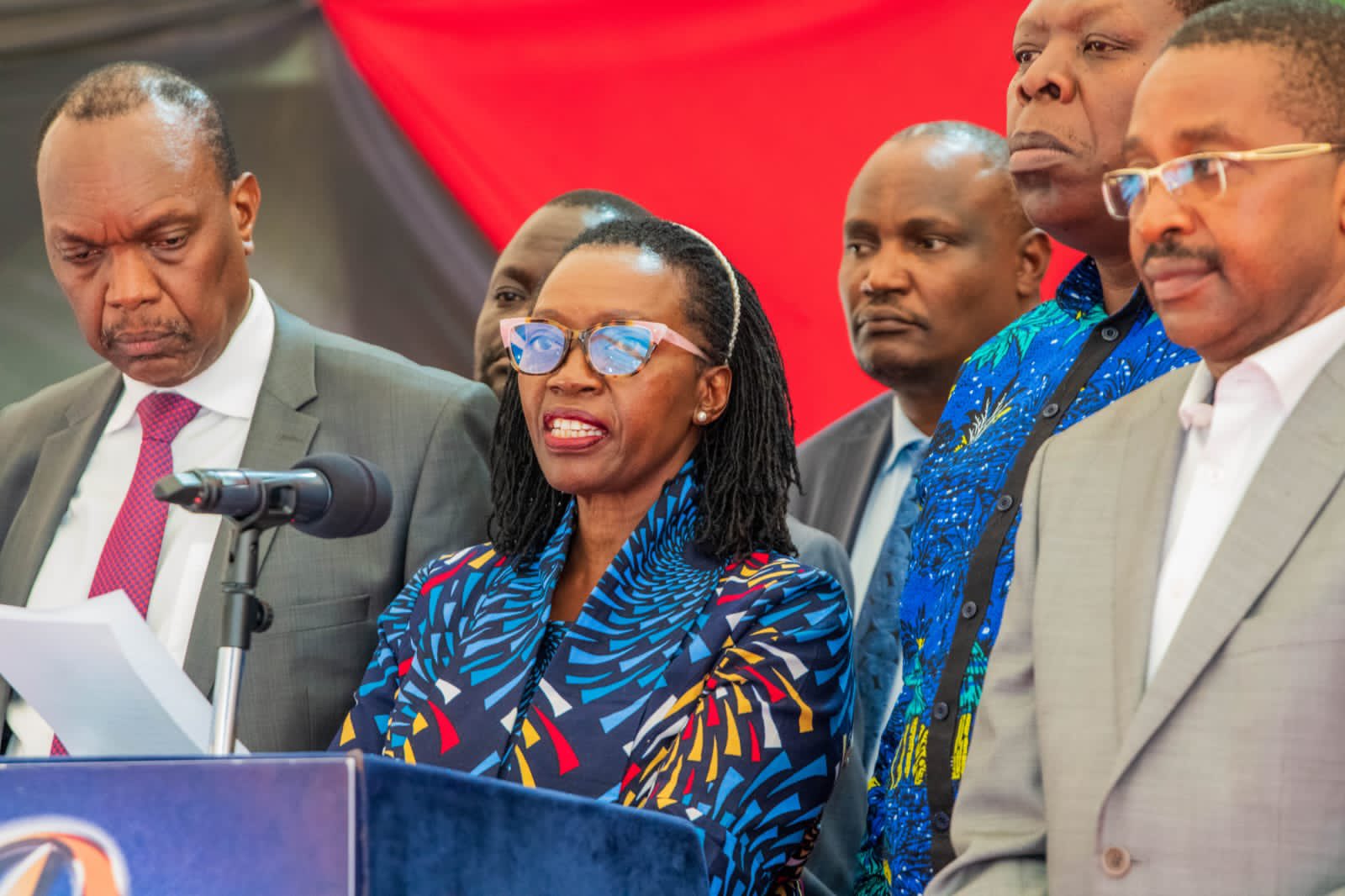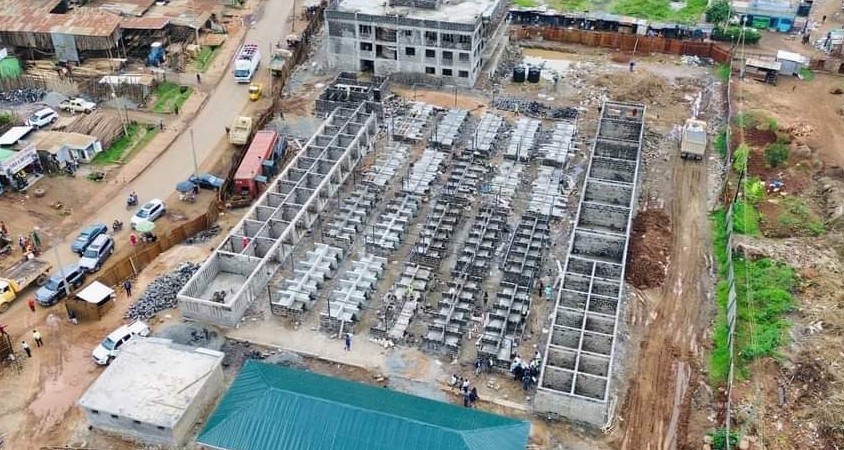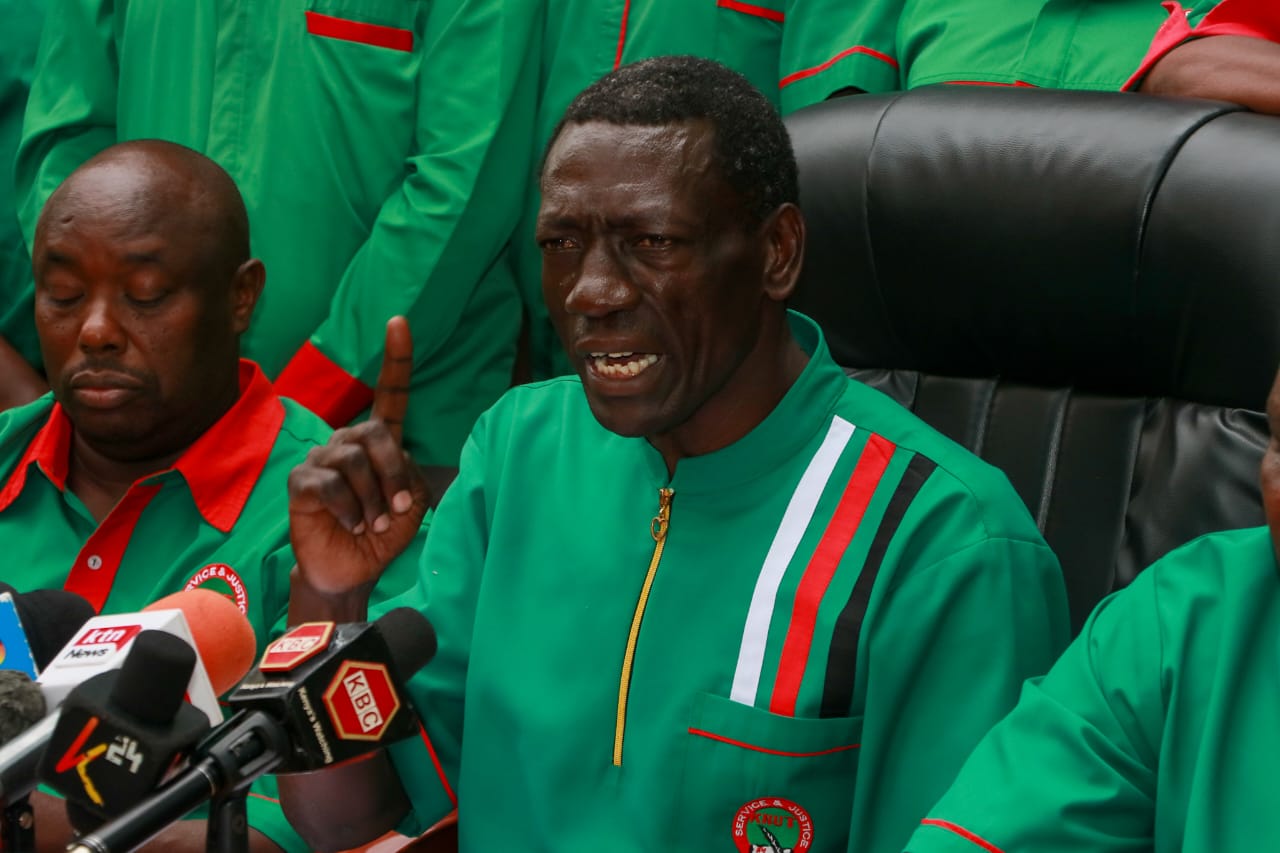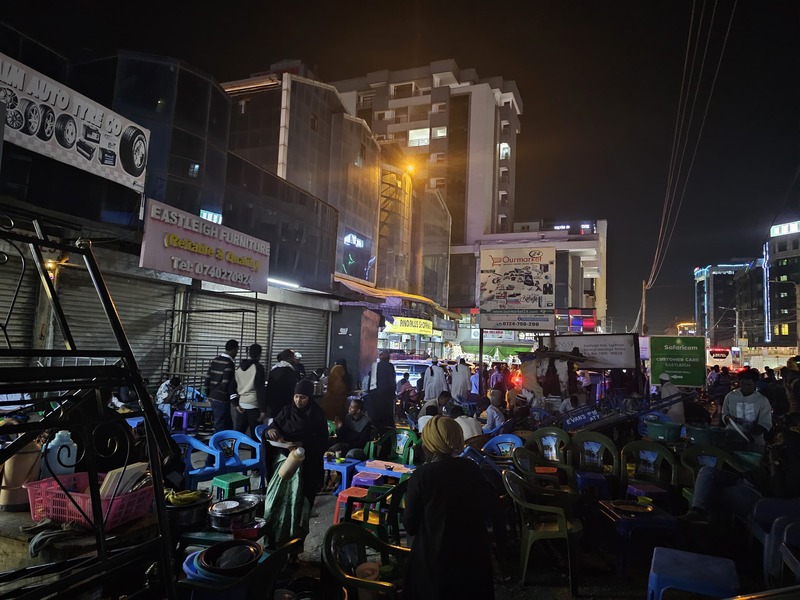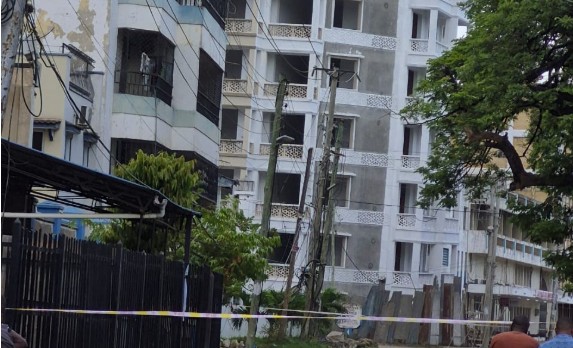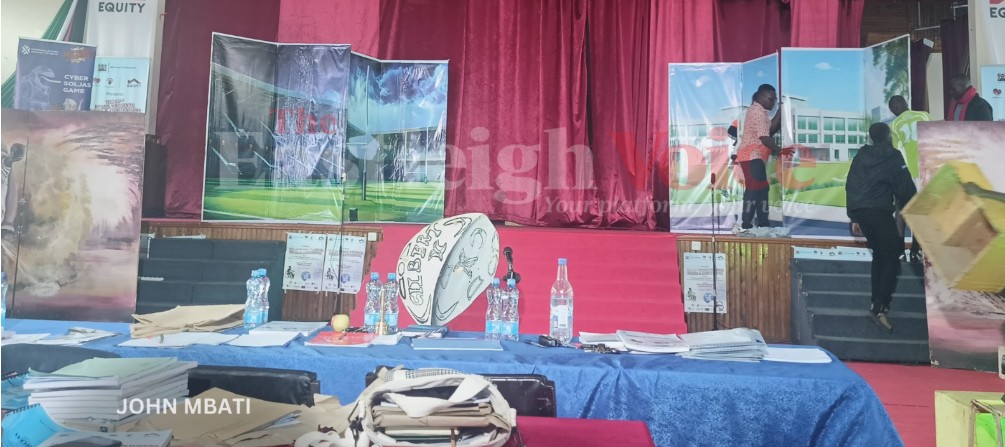Auditor General flags 15 counties over Sh13.26 billion in suspicious cancelled payments

The audit reveals that these cancellations, which largely took place towards the end of the financial year in June 2024, are partly due to delayed disbursements from Treasury, but the diversion of funds for unapproved transactions is also a significant concern. The cancelled transactions were deemed legitimate and had undergone scrutiny by the COB before being approved for payment.
Auditor General Nancy Gathungu has flagged 15 counties for cancelling more than 15,000 supplier payment transactions worth Sh13.26 billion, raising concerns over the diversion of public funds meant for verified contractors.
According to Gathungu, the funds were withdrawn from county revenue accounts and approved for payment by the Controller of Budget (COB) and the National Treasury, but were later cancelled without explanation, despite suppliers having been vetted and confirmed as legitimate.
More To Read
- Lobby moves to court to stop 2025/26 budget over Sh698 million pending bills
- Governors willing to settle Sh10.5 billion roads fund dispute out of court to end stalemate
- UoN cleared to build 4,000-bed hostels in major students housing expansion
- Treasury moves to protect investors from repaying Sh6bn VAT exemptions
The audit reveals that these cancellations, which largely took place towards the end of the financial year in June 2024, are partly due to delayed disbursements from Treasury, but the diversion of funds for unapproved transactions is also a significant concern. The cancelled transactions were deemed legitimate and had undergone scrutiny by the COB before being approved for payment.
“Further, the voided payments had not been disclosed as pending accounts payable and utilisation of funds which were initially meant to pay the voided transactions was also not explained,” reads the audit, citing Kajiado County as an example.
“In the circumstances, the funding may have been utilised to finance transactions that were not approved by the COB.”
Kisumu County led the pack, with 4,127 cancelled transactions worth Sh2.67 billion, followed by Kajiado (1,922 transactions worth Sh2.28 billion) and Busia (transactions valued at Sh2.16 billion). Nyandarua and Siaya counties also saw high numbers of voided payments, contributing to 71 per cent of all cancelled transactions.
The audit also highlighted that a significant number of cancellations took place in June 2024, with Busia County reporting that 36 per cent of its voided transactions, amounting to Sh772,602,862, were cancelled during this period.
“The highest voided transactions were in June, 2024, amounting to Sh772,602,862 or 36 per cent. No explanation was provided on why the payments were voided after being approved by the COB,” Gathungu said.
Kisumu, Nyandarua, Kajiado and Siaya were the top four counties responsible for 71 per cent of all cancelled transactions by value and volume. These counties also represented 63.3 per cent of the total value of the voided transactions.
COB Margaret Nyakang’o expressed concern over the ongoing diversion of funds, pointing out that many suppliers, who had been approved for payment, were left unpaid as counties used the funds for other transactions.
“Many of the pending bills are suppliers who have been listed for approval of their payments, but after money is availed to counties and it gets to payment, the counties fail to pay them and make payments to different suppliers who had not been approved,” Nyakang’o said in an interview with Nation.
Nyakang’o further explained the limitations her office faces in tracking these cancellations. Once transactions are approved by the COB, there is no way for her office to determine whether those transactions are subsequently voided, unless complaints arise from the affected suppliers.
“After I approve transactions, I have no way of establishing if they have been voided, until complaints emerge from suppliers later that some transactions which had been approved were not paid,” she said.
Meanwhile, Nyakang’o revealed that the Controller of Budget and the Central Bank of Kenya (CBK) have developed a new system to track all public transactions on the Integrated Financial Management System (IFMIS) platform. The system, set to roll out on April 22, 2025, will allow both CBK and the COB to monitor transactions, providing greater transparency in the management of public funds.
“The system was to kick off on April 22, 2025, but Treasury has indicated that IFMIS is not ready yet. The CBK and COB are ready for this system and we are only waiting for Treasury,” Nyakang’o said.
The new platform aims to prevent the upload of unapproved transactions, ensuring that funds are only used for verified suppliers and contractors.
The ongoing audit raises significant questions about the accountability and transparency of county governments in managing public funds, with taxpayers left wondering how billions of shillings meant for legitimate suppliers were misdirected.
Top Stories Today






